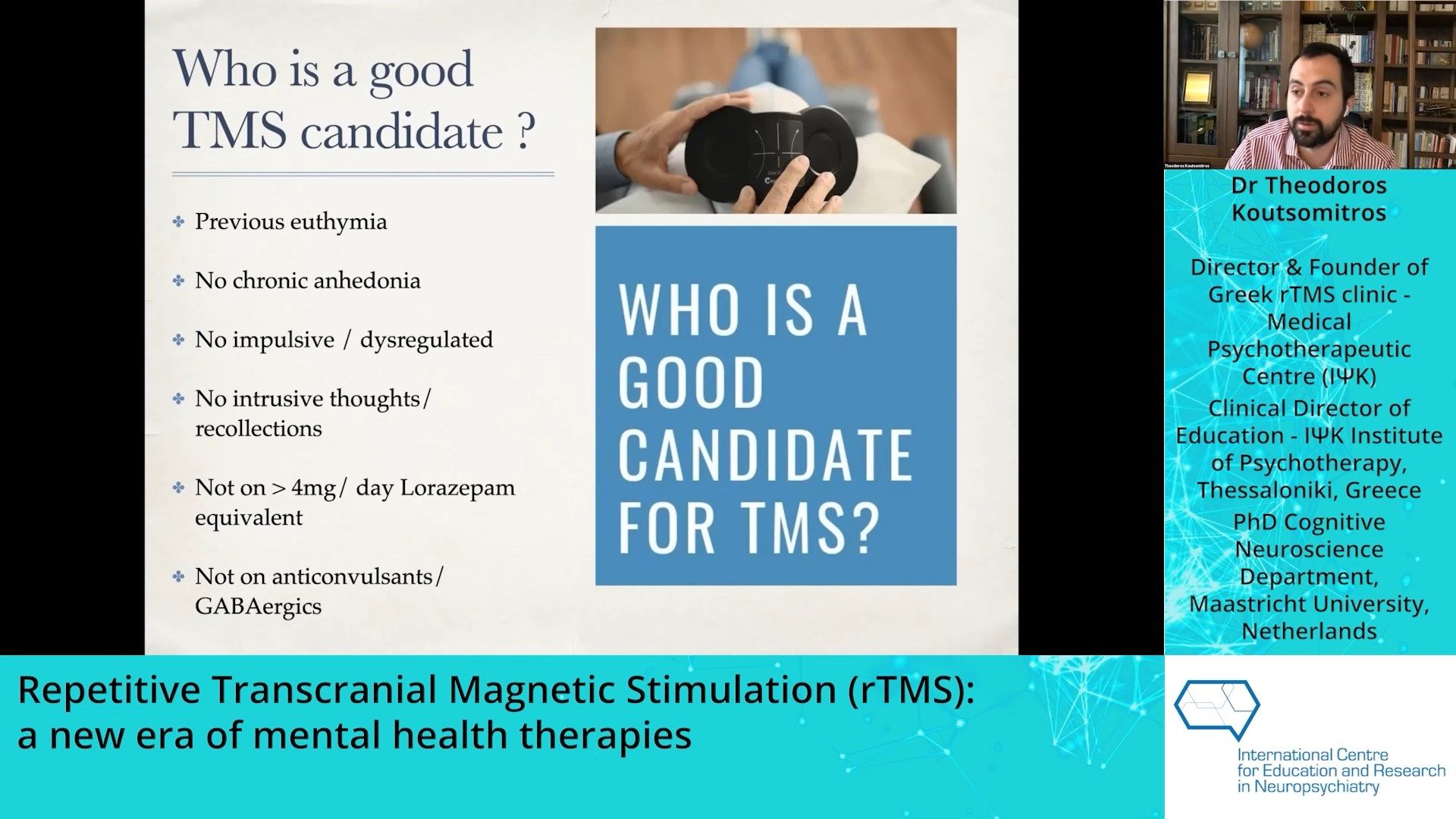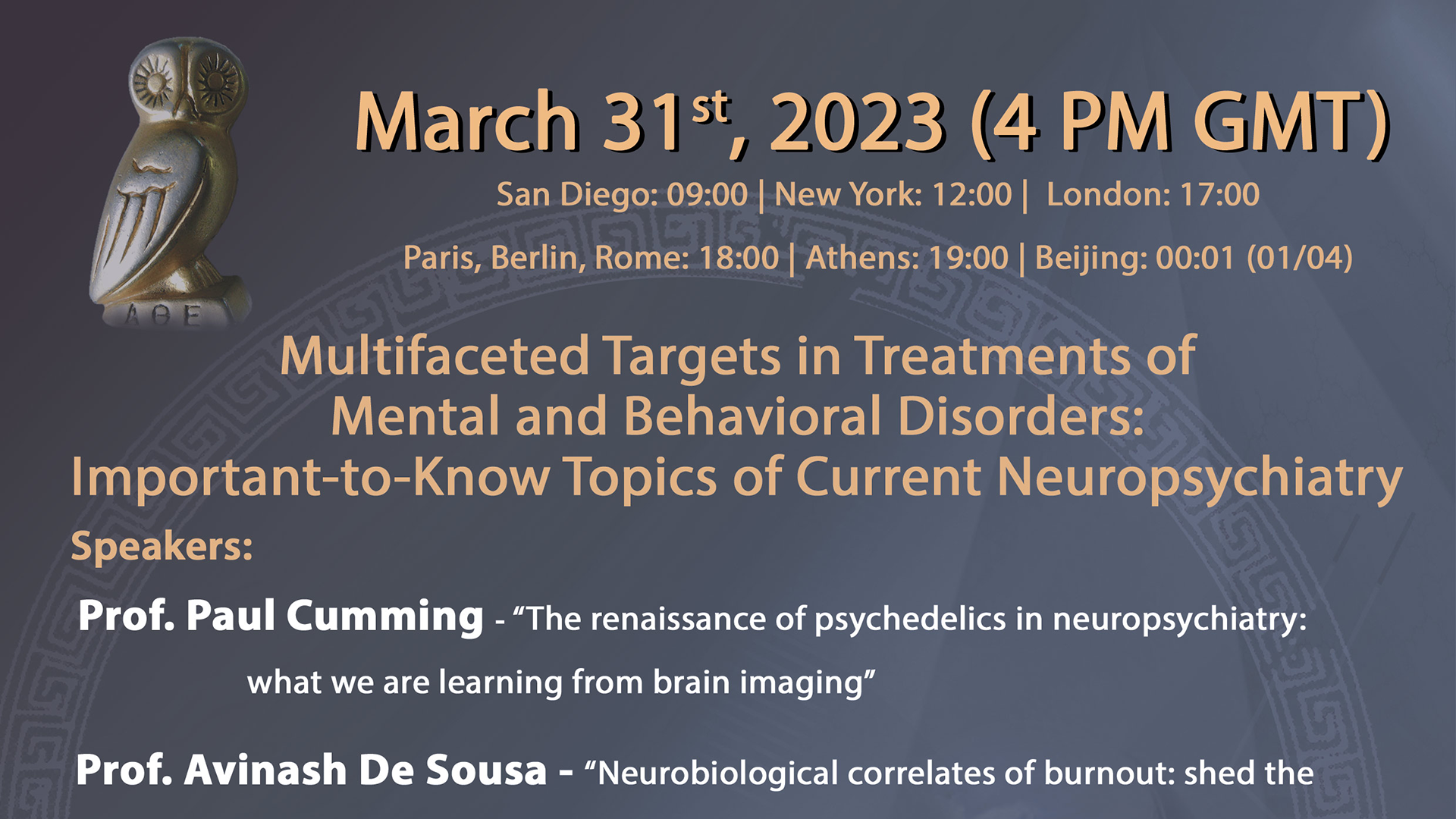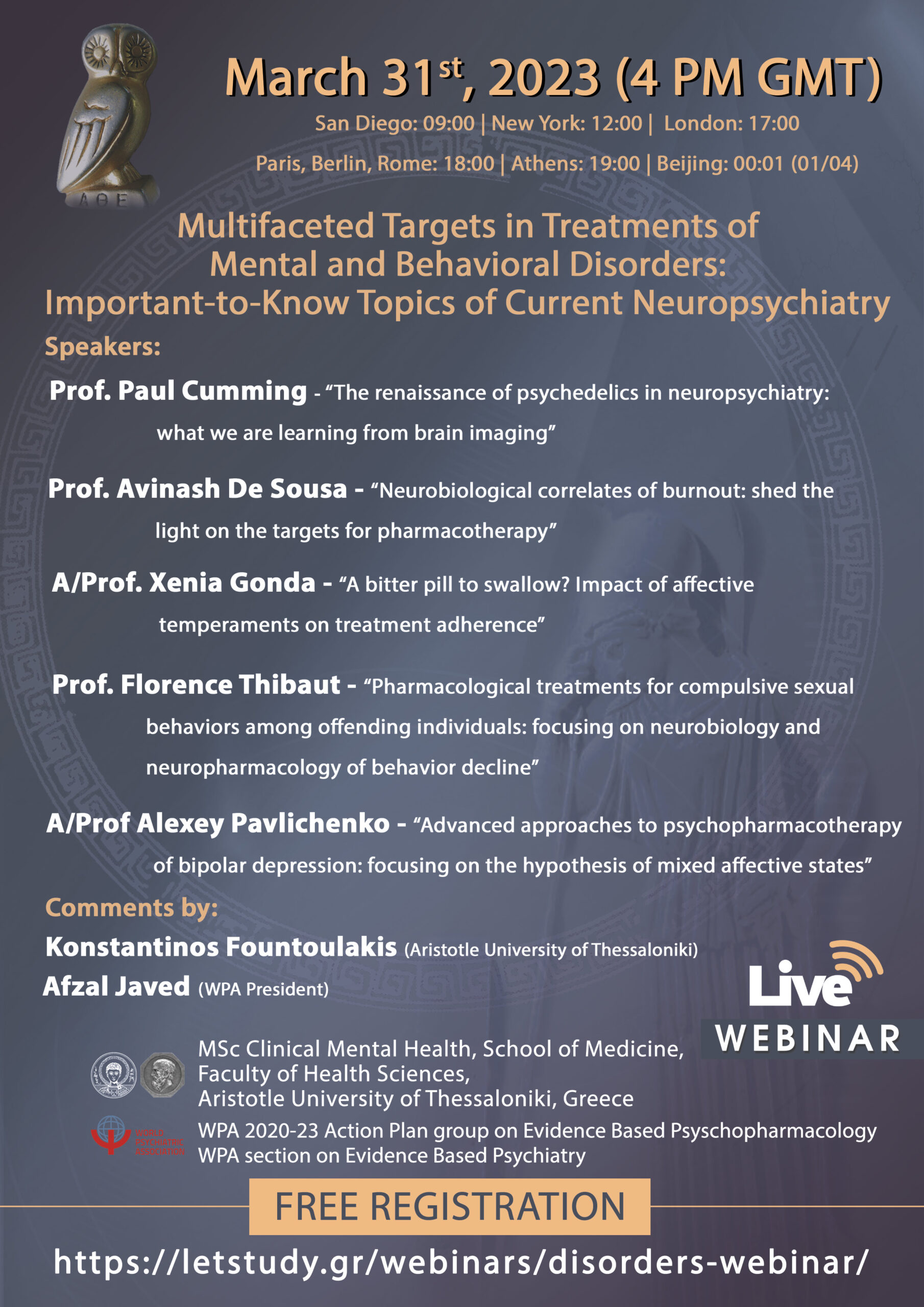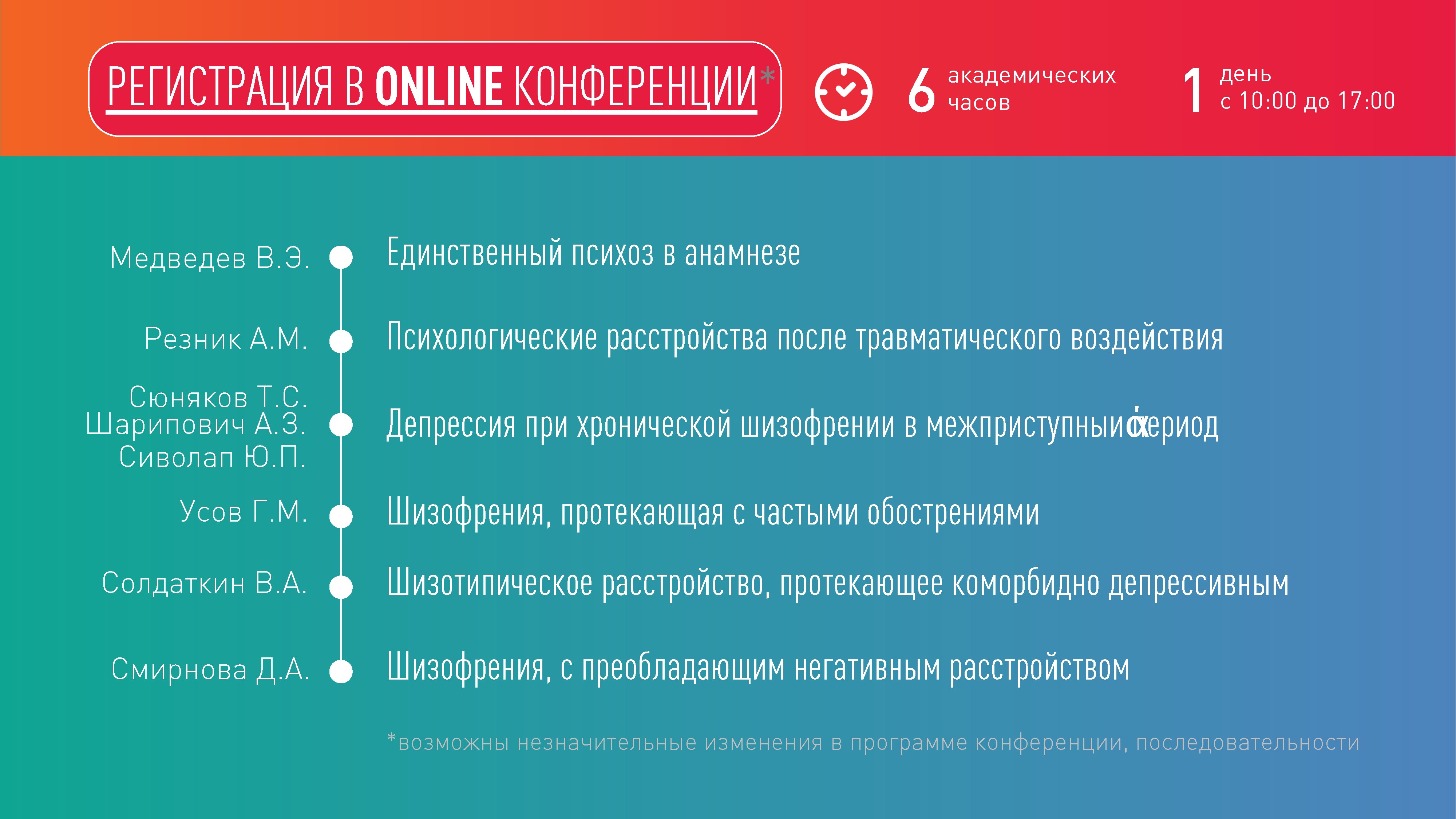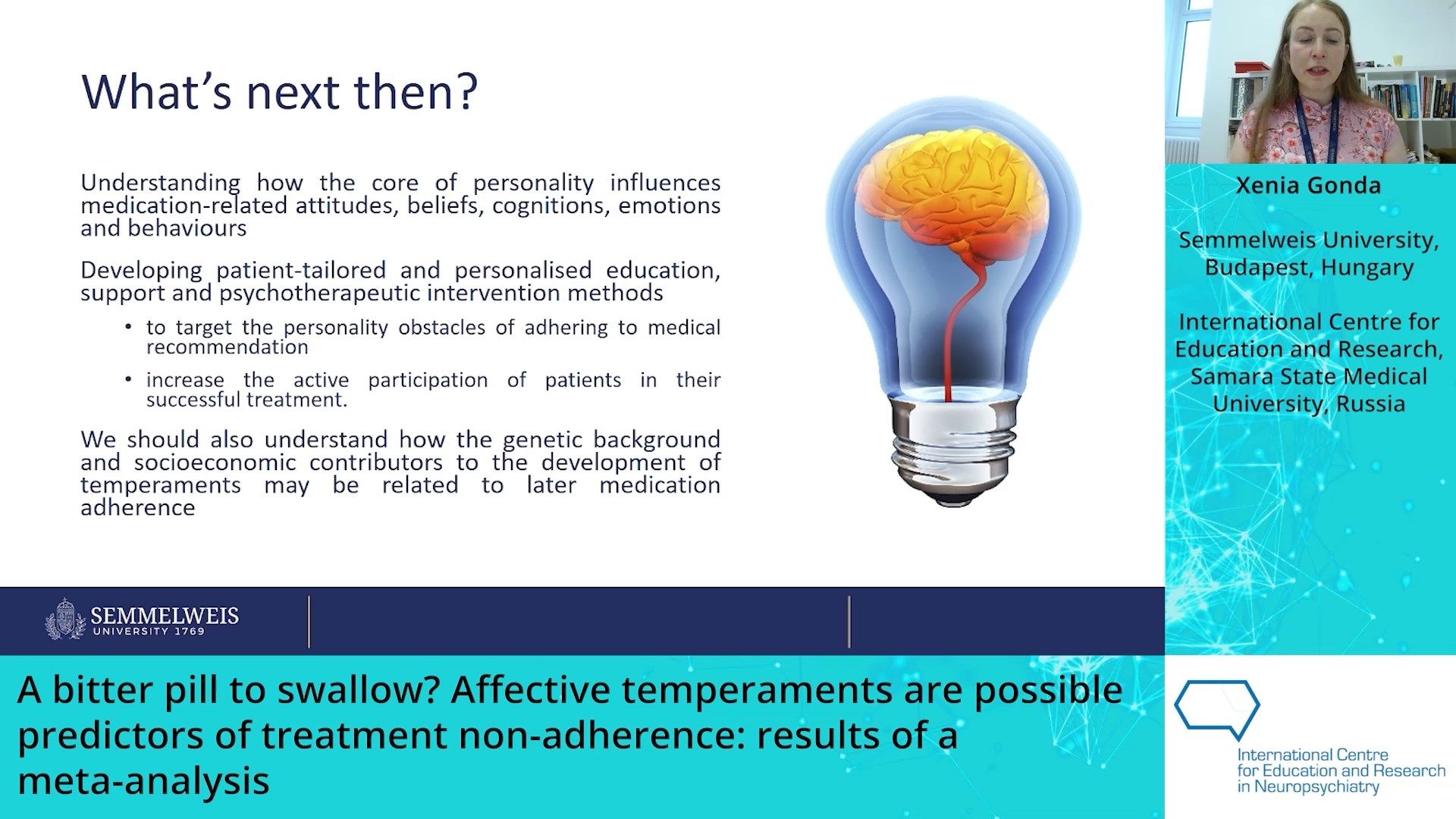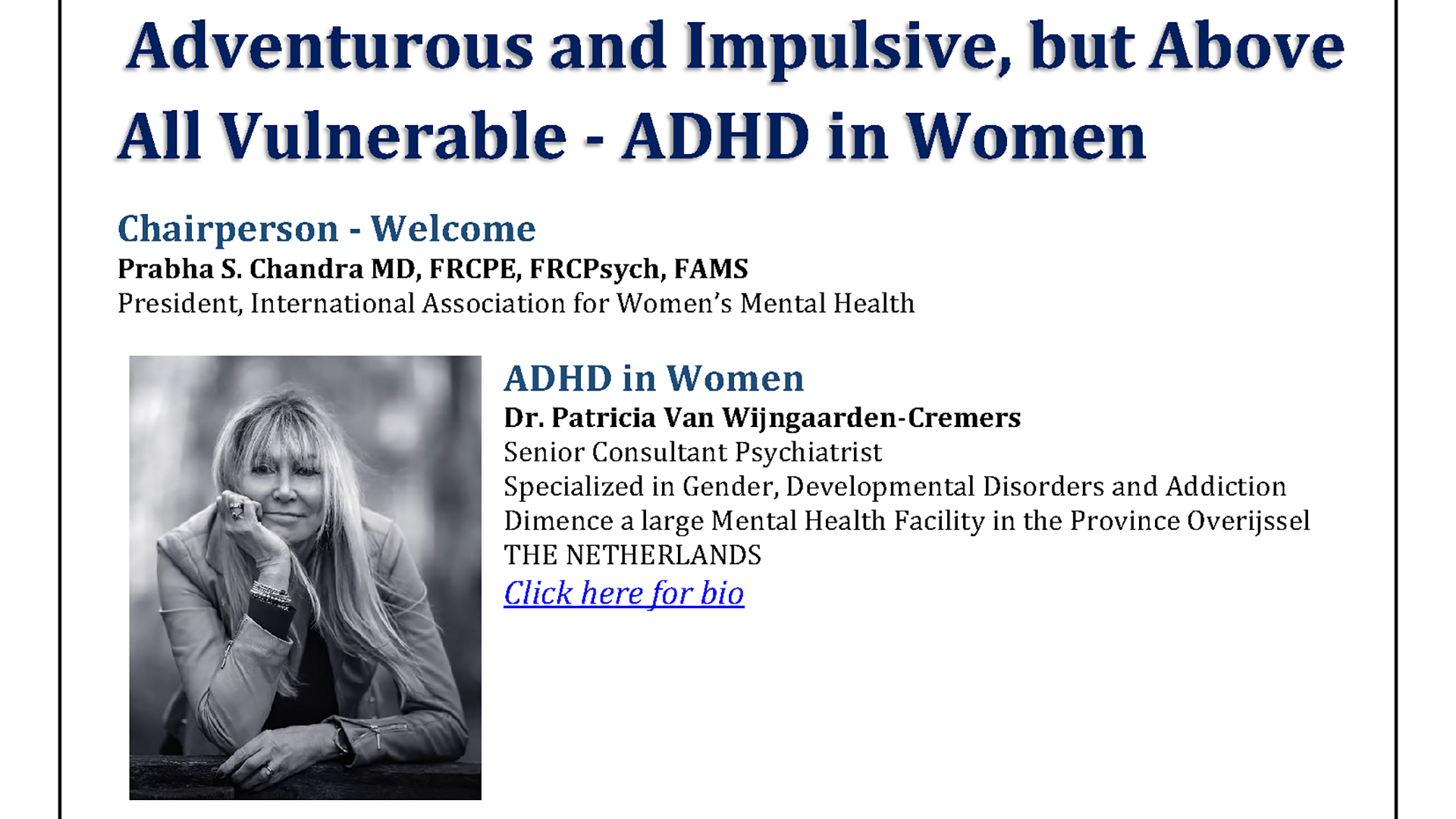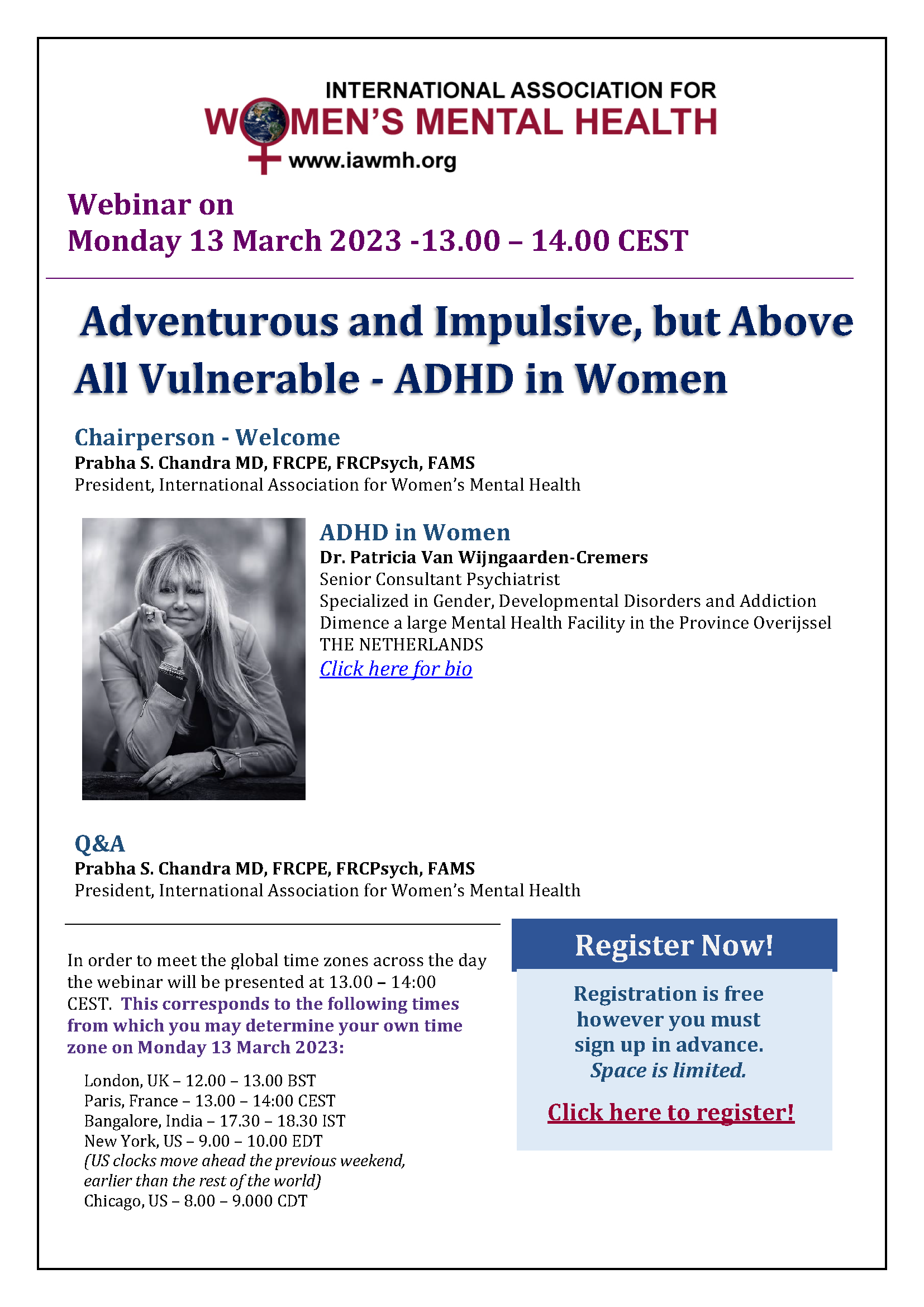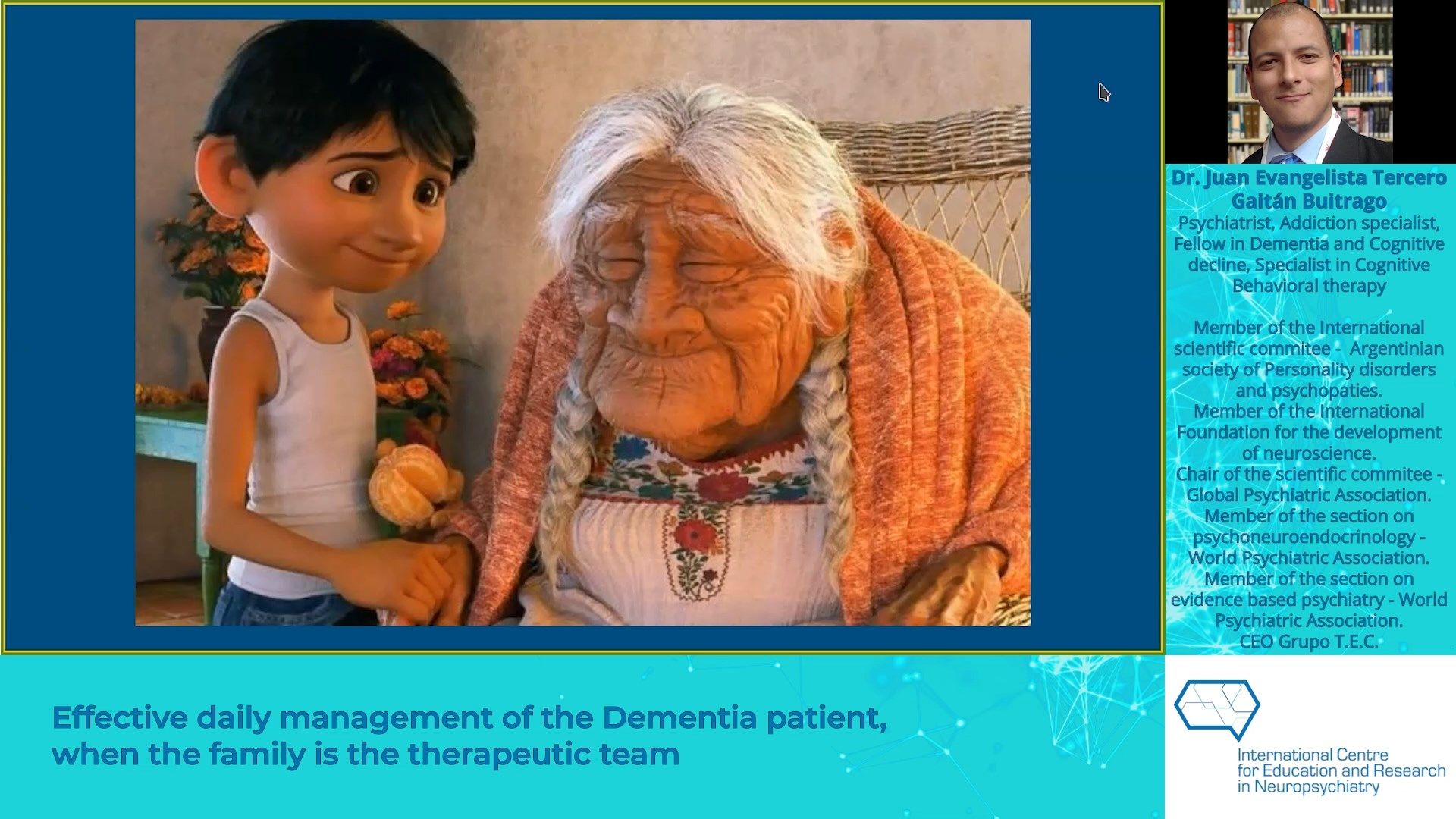18. Repetitive Transcranial Magnetic Stimulation (rTMS): a new era of mental health therapies
Repetitive Transcranial Magnetic Stimulation (rTMS): a new era of mental health therapies
Dr Theodoros Koutsomitros, Greece
Director & Founder of Greek rTMS clinic – Medical Psychotherapeutic Centre (ΙΨΚ)
Clinical Director of Education – ΙΨΚ Institute of Psychotherapy, Thessaloniki, Greece
PhD Cognitive Neuroscience Department, Maastricht University, Netherlands
Repetitive Transcranial Magnetic Stimulation (rTMS): a new era of mental health therapies
Abstract:
Current lecture provides the basic information about one of the most promising rTMS methods used for treatments of mental and CNS disorders. Various issues of TMS-procedure and its technical mechanisms via producing magnetic pulses as the efficacious treatment approach, and the most elaborated /frequently applied therapeutic protocols, such as 3’-37’/sessions, are discussed. The advantages of rTMS treatment, such as its painless character, no requirements for anaesthesia, and the absence of severe side effects, as well as the opportunity of combined use along with pharmaceutical medications, are explained. The studies which prove the efficacy of rTMS and approved clinical recommendations for its use in treatment of depression, comorbid anxiety, OCD, addictions in Australia, America & Europe, are presented.

